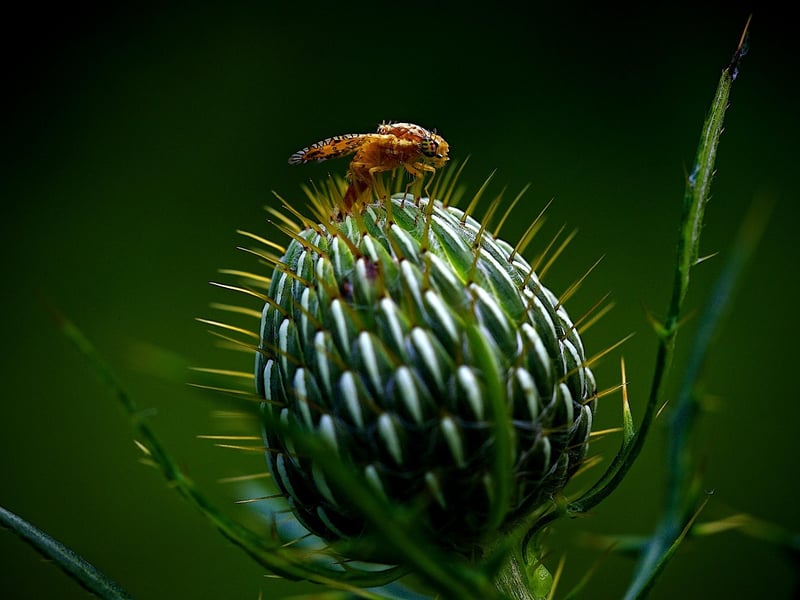Pest Control
Keeping Your Garden Healthy: Pest Control Tips
Welcome to our guide on maintaining a healthy garden and effective pest control strategies! A thriving garden requires proper care and attention, especially when it comes to managing pests that can damage your plants. Let's explore some tips to help you keep your garden lush and pest-free.
1. Choose Resilient Plants
Start by selecting plants that are naturally resistant to common pests in your area. Native plants are often more resilient and better adapted to local conditions, making them less susceptible to pest infestations.
2. Maintain Good Soil Health
Healthy soil leads to healthy plants. Ensure your garden soil is well-draining, rich in nutrients, and has the right pH level for optimal plant growth. Healthy plants are better equipped to withstand pest attacks.
3. Practice Crop Rotation
Rotate your crops each season to prevent the buildup of pests that target specific plants. This practice disrupts the life cycle of pests and reduces the likelihood of infestations.
4. Use Natural Predators
Encourage beneficial insects like ladybugs, lacewings, and praying mantises in your garden. These natural predators feed on common garden pests, helping to keep their populations in check.
5. Handpick Pests
Inspect your plants regularly and manually remove any pests you spot, such as caterpillars, aphids, or beetles. This hands-on approach can be an effective way to control small infestations without resorting to chemicals.
6. Neem Oil Spray
Consider using neem oil, a natural insecticide, to control pests like aphids, mites, and whiteflies. Neem oil is safe for most plants and helps disrupt the feeding and breeding cycles of harmful insects.
7. Companion Planting
Planting certain herbs and flowers alongside your vegetables can help deter pests. For example, marigolds repel nematodes, while basil can protect tomatoes from pests like aphids.
8. Mulch Appropriately
Applying mulch around your plants helps retain moisture, suppress weeds, and regulate soil temperature. It also creates a barrier that can deter pests from reaching the plant roots.
9. DIY Pest Control Sprays
You can create homemade pest control sprays using ingredients like garlic, chili pepper, or soap. These natural sprays can help repel pests and are safe for use on edible plants.
10. Monitor Your Garden
Regularly monitor your garden for signs of pest damage, such as holes in leaves, chewed stems, or wilting plants. Early detection allows for prompt action to prevent widespread infestations.
By implementing these pest control tips and maintaining a healthy garden environment, you can enjoy beautiful plants and bountiful harvests without the interference of destructive pests.

Remember, a little prevention and proactive care go a long way in preserving the health and beauty of your garden!
Happy gardening!
